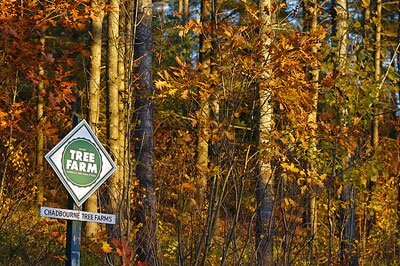Tree Farm Conservation: Challenges and Opportunities
 For a modern tree farmer, several factors make it difficult to conserve or adopt more sustainable harvesting practices in their farm. The tight profit margins many farmers face is perhaps the most significant — investing in infrastructure improvements or adopting practices that could potentially jeopardize yields is simply not possible for many small-scale, private farmers without outside help.
For a modern tree farmer, several factors make it difficult to conserve or adopt more sustainable harvesting practices in their farm. The tight profit margins many farmers face is perhaps the most significant — investing in infrastructure improvements or adopting practices that could potentially jeopardize yields is simply not possible for many small-scale, private farmers without outside help.
Fortunately, there are options for offsetting these losses and implementing more sustainable practices. Tree farm conservation grants are available at both the federal and — through organizations such as the Mississippi Forestry Commission — the state level. Independent organizations, most notably, the American Tree Farm System (ATFS), and others such as small woodlot owners associations and the National Association of Consulting Foresters, will also provide professional assistance.
 About Us
About Us
 PLN Blog
PLN Blog
 Newsletters
Newsletters
 Become a Member of RFF
Become a Member of RFF Donate
Donate
 Create an Account
Create an Account
 Resources First Foundation
Resources First Foundation PLN Blog
PLN Blog
